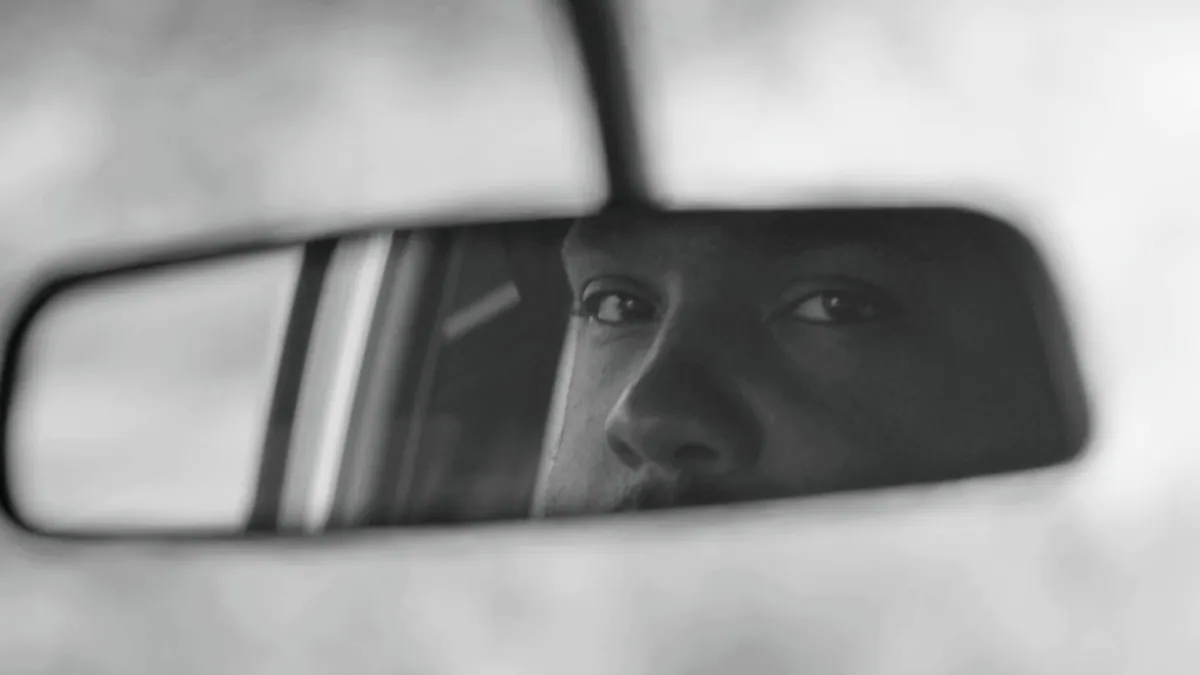The documentary “Lowndes County and the Road to Black Power,” which charts efforts to organize disenfranchised Black voters in rural Alabama in 1965 in the wake of the Selma to Montgomery marches, bears tremendous resonance today.
Many fraught topics that have made headlines within the past two years — voter suppression, election fraud, police brutality, Black Lives Matter, gun control, to name a few — all seem like manifestations of issues more than a half-century old.
In 1965, Lowndes County, Alabama, was one of the poorest counties in the country. It had no registered Black voters despite an overall population that was 80% Black. Sharecropping had replaced slavery as a means to maintain the caste system, and cotton pickers had little hope of getting themselves out of debt. Registering to vote was unthinkable even after passage of the Voting Rights Act, as Blacks were routinely followed, intimidated, threatened or even killed if whites perceived them to be out of line.

John Hulett, a local who had registered to vote during his time in Birmingham, Alabama, began organizing upon his return and founded the Lowndes County Christian Movement for Human Rights. The Student Nonviolent Coordinating Committee, which had set up the Mississippi Freedom Democratic Party the year before, came to Alabama to assist with the marches.
After a successful voter registration drive, the Student Nonviolent Coordinating Committee’s Stokely Carmichael, together with Hulett and others, formed the Lowndes County Freedom Organization as an alternative to the Democratic Party. Its branding (inspired by Clark College’s black-panther mascot) and “Black Power” slogan would later be appropriated by the Black Panther Party.
The documentary, directed by Sam Pollard (“MLK/FBI,” “Citizen Ashe”) and Geeta Gandbhir, is immensely edifying, with a copious amount of vivid archival footage and interviews with Lowndes County residents both Black and white, as well as activists and historians. But editorially, it’s a mess. The narrative is nonlinear; and asides meant to provide additional context, such as ones about the Student Nonviolent Coordinating Committee’s exploits elsewhere, often sidetrack the narrative.

Editor Viridiana Lieberman’s overuse of the split edit is a bit of an annoyance. You hear interviewees speak in voiceovers before you are introduced to them; when you finally see them for the first time, the voiceovers linger, but you see them sitting still posing for moving portraits. It’s an editorial choice more common in commercials and reality TV, and it does not serve the documentary well at all.
After establishing the pattern, the film inexplicably jettisons it halfway through. Sometimes it does the J-cut and puts the lower-third information (name, affiliation) over an old photo of the interviewee, before promptly removing the lower third as soon as the film cuts to the interviewee speaking in present day. At some point, you can no longer keep up nor tell the voices apart.
Kathryn Bostic’s score also does the film a disservice, with keys, horns and percussion going in all directions, often drowning out the testimonials. Many interviewees are already difficult to decipher due to either age, accent or use of regional colloquialisms. All the arbitrary background noises just make the experience of watching the film that much more vexing. Besides, it doesn’t seem like Bostic helps to set the mood of each scene with the score. One can only hope that Peacock (which acquired the film prior to its Tribeca Festival premiere) will have closed captioning ready, which will at least alleviate demands on the viewer.

“Lowndes County” often feels as if it has been rushed to completion, perhaps to make a festival deadline. The exact same footage of an A-board that reads “We give Q yellow stamps” standing in front of a porch flashes twice, once with a superimposed title card denoting “1960 Lowndes County, Alabama” and again with “1965” instead. Only one of these can be true; so which is it? It raises the question of what other archival footage has been used out of context for the sake of providing visualization of the testimonials. Surely the filmmakers don’t want this kind of oversight to cast doubt on the overall accuracy of the work.
Hopefully this is not indicative of the quality of documentaries we can expect from Peacock. It seems a lot less polished than nonfiction offerings from rival streaming platforms — and granted, some of those have egregious ethical issues. The jury is still out on “Lowndes County,” which lists five “actors” in the end-credit crawl but no indication whether any scene has been staged or reenacted. (The film’s reps have yet to respond.)
In its final moments, “Lowndes County” fittingly connects the events of the 1960s with the present day. The Lowndes County Freedom Organization ultimately merged with the Alabama Democratic Party, and Hulett would serve as sheriff for 22 years. They achieved everything they set out to do. But the poverty remains. The struggle for equity and freedom hasn’t ended.
Judy Richardson of the Student Nonviolent Coordinating Committee alludes to continued efforts at voter suppression, but this epilogue should be expanded to connect with other ongoing civil rights and social justice issues. The information presented in “Lowndes County” is absolutely vital, but all the archival interviews it surfaces make one wonder if a better documentary on the same subject exists.
“Lowndes County and the Road to Black Power” will screen on Peacock later in 2022.


